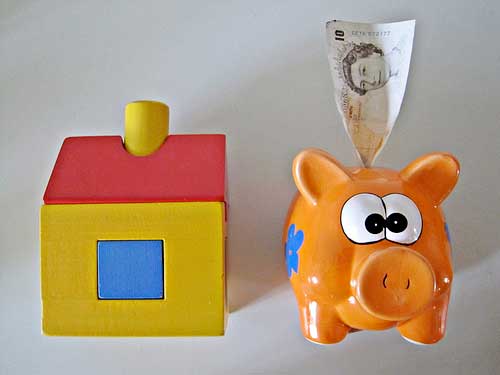From August 2nd the Bank of England raised the base interest rate to 0.75 percent - a 0.25 percent point increase from the previous 0.5 percent base rate. The move was made in order to keep inflation in check. Inflation, measured using CPI, was 2.4 percent in June and therefore above the target rate of 2 percent.
The knock on affect of a base rate increase will be felt by millions of homeowners across the country who have a mortgage or loan that does not have interest calculated at a fixed rate. An average £150,000 mortgage will likely require the homeowner to find an extra £20 a month for their mortgage bill.
HMRC charge interest on tax bills that are either outstanding unpaid or being paid in agreed instalments. The Taxman also pays interest on early payments of corporation tax or positive balances in a tax account.
The rates that HMRC uses are linked to the Bank of England rate and therefore any change their will have an effect.
As of writing the rates details have not been updated and it cannot be precisely determined how the rate change will be implemented - however the usual is for the rate to be BOE (Bank of England) base rate plus 2.5 percent where interest is charged. The current repayment interest rate paid by HMRC is 0.5 percent. Other interest categories are currently as follows:
| Income Tax / NIC / CGT - Late Payment | 3.25 percent |
|---|---|
| Income Tax / NIC / CGT - Repayment | 0.50 percent |
| Corporation Tax - Underpaid Instalment | 1.75 percent |
| Corporation Tax - Late Payment | 3.25 percent |
| Corporation Tax - Repayment | 0.50 percent |
| Other Interest Charges (VAT,IPT etc) | 3.25 percent Default / 0.50 percent Statutory |
The rates currently at 3.00 percent will likely rise to 3.25 percent - we will update this article when they are published.
Update: From August 21 2018 the late payment interest rate will become 3.25 percent. The table above has now been updated to reflect the new rates.



